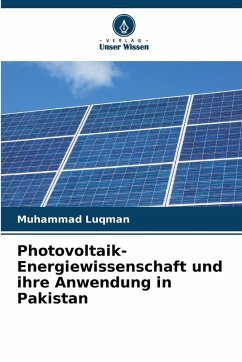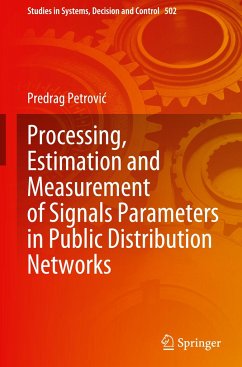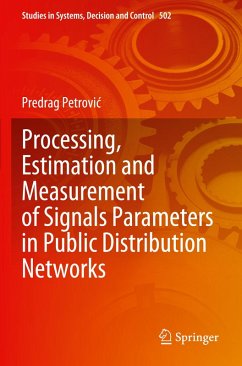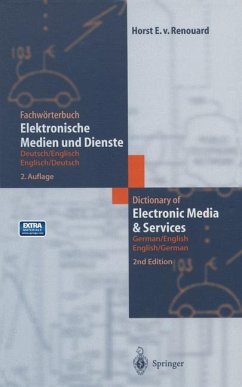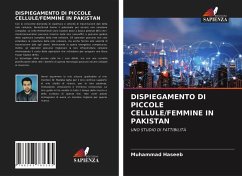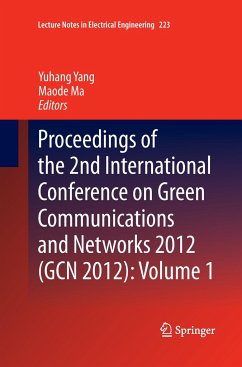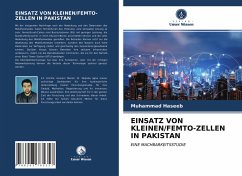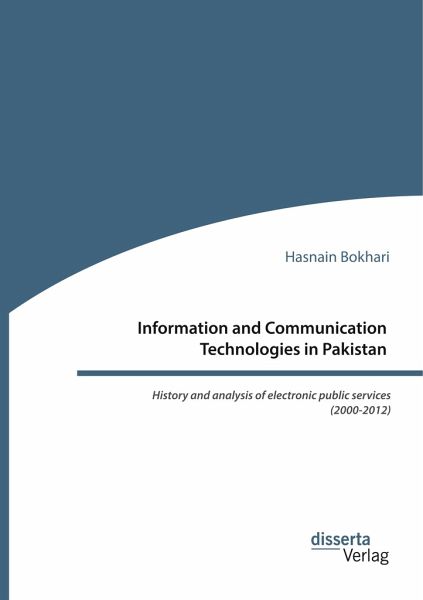
Information and Communication Technologies in Pakistan. History and analysis of electronic public services (2000-2012)

PAYBACK Punkte
0 °P sammeln!
The omnipresent nature of information and communication technologies (ICTs) has rapidly traversed every aspect of human life and is quickly changing the way we communicate and interact with one another. Commercialisation of internet and spread of mobile phones are inspiring both the public and private sectors alike in developing countries in the uptake of ICTs and in provision of electronic public services. Resultantly many societies are going through digital transformations which include technological leapfrogging as well as development of indigenous ICT4D solutions. Such initiatives are in s...
The omnipresent nature of information and communication technologies (ICTs) has rapidly traversed every aspect of human life and is quickly changing the way we communicate and interact with one another. Commercialisation of internet and spread of mobile phones are inspiring both the public and private sectors alike in developing countries in the uptake of ICTs and in provision of electronic public services. Resultantly many societies are going through digital transformations which include technological leapfrogging as well as development of indigenous ICT4D solutions. Such initiatives are in stark contrast with digital advancements taking place in technically advanced countries like those in Europe and North America. Despite massive investment in IT sector, several developing countries are still facing digital and more importantly information divide. This book looks at the changing patterns of ICT4D in Pakistan and discusses the role of ICTs in government by focusing on the era of 2000-2012. The book also focuses on the importance of local knowledge and indigenous culture that play an important role in technological progress and its societal acceptance.





